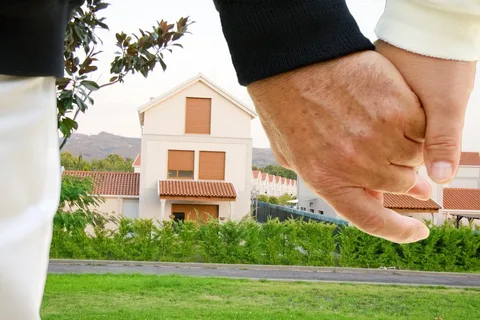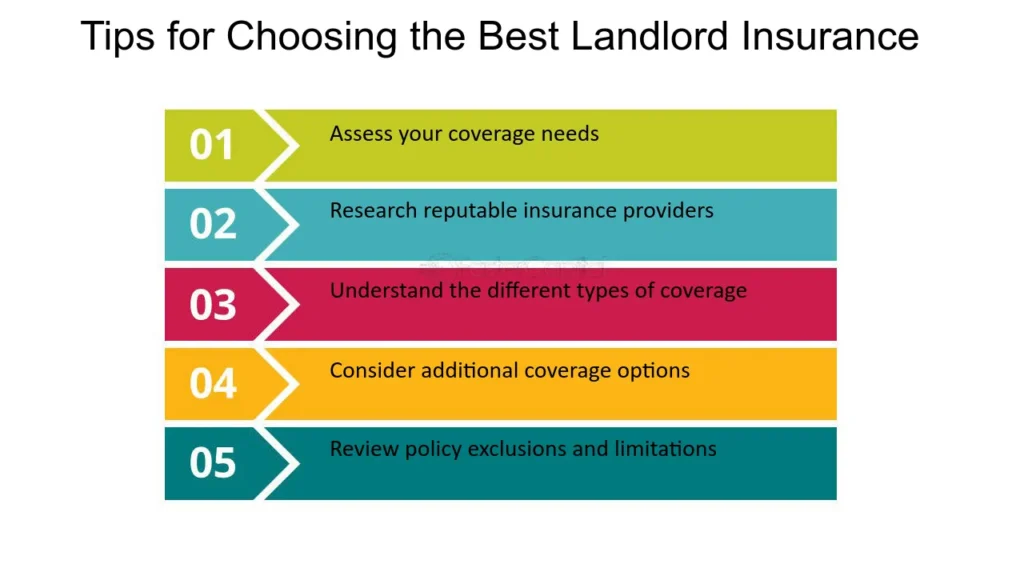Comprehensive Guide to Landlord Insurance in Florida
Introduction
Owning rental property in Florida can be a lucrative investment, but it comes with its own set of risks. From hurricanes to tenant-related damages, landlords need to protect their assets. This is where landlord insurance comes into play. In this article, we’ll dive deep into everything you need to know about landlord insurance in Florida, covering the types of coverage available, costs, and tips for choosing the best policy. We’ll also sprinkle in some humor to keep things light and engaging. So, let’s get started!

What is Landlord Insurance?
Landlord insurance is a type of property insurance designed specifically for rental properties. It provides coverage for property damage, liability, and loss of rental income. Unlike standard homeowners insurance, landlord insurance is tailored to the unique risks associated with renting out a property.
Types of Coverage
- Property Damage: This covers damage to the physical structure of the rental property caused by events like fire, storms, vandalism, and more. It’s essential to ensure your policy includes coverage for natural disasters, especially in Florida where hurricanes are common1.
- Liability Protection: This protects you from legal and medical expenses if a tenant or visitor is injured on your property. For example, if a tenant slips on a wet floor and decides to sue, your liability coverage will kick in2.
- Loss of Rental Income: If your property becomes uninhabitable due to a covered event, this coverage compensates you for the lost rental income during the repair period3.
- Optional Add-Ons: Depending on your needs, you can add coverage for things like flood damage, which is crucial in flood-prone areas of Florida4.
Why You Need Landlord Insurance in Florida

Florida’s unique climate and weather patterns make landlord insurance a necessity. Hurricanes, floods, and even sinkholes can cause significant damage to rental properties. Without proper insurance, you could face substantial financial losses. Additionally, having landlord insurance can provide peace of mind, knowing that you’re protected against unforeseen events.
Cost of Landlord Insurance in Florida
The cost of landlord insurance in Florida varies based on several factors, including the location of the property, its age and condition, and the amount of coverage you choose. On average, landlords in Florida can expect to pay around $2,860 per year for a comprehensive policy2. However, it’s essential to shop around and compare quotes from different insurers to find the best rate.
Top Landlord Insurance Providers in Florida
- Steadily: Known for its customizable policies and quick quote process, Steadily offers comprehensive coverage options for various property types1.
- American Modern: This company provides extensive coverage options and is highly rated for its customer service2.
- Security First: Specializing in Florida properties, Security First offers tailored policies to meet the unique needs of Florida landlords2.
- Kin: Kin is known for its competitive rates and excellent customer service, making it a popular choice among Florida landlords2.
Tips for Choosing the Best Landlord Insurance Policy

- Assess Your Needs: Determine the level of coverage you need based on the location and condition of your property. For example, if your property is in a flood-prone area, make sure to include flood coverage4.
- Compare Quotes: Don’t settle for the first quote you receive. Compare quotes from multiple insurers to find the best rate and coverage options2.
- Read the Fine Print: Make sure you understand what is and isn’t covered by your policy. Pay attention to exclusions and limitations3.
- Consider Deductibles: Higher deductibles can lower your premium, but make sure you can afford to pay the deductible in case of a claim2.
- Check Reviews: Look for reviews and ratings of insurance companies to gauge their customer service and claims process1.
Common Questions About Landlord Insurance in Florida
- Is landlord insurance required in Florida? No, Florida law does not require landlords to have rental property insurance. However, if you have a mortgage on the property, your lender may require it2.
- What does landlord insurance not cover? Landlord insurance typically does not cover tenant’s personal belongings, maintenance issues, or intentional damage caused by tenants3.
- Can I pass the cost of landlord insurance to my tenants? While you can’t directly charge tenants for your insurance, you can factor the cost into the rent you charge2.
Conclusion

Landlord insurance is a crucial investment for anyone renting out property in Florida. It provides essential protection against property damage, liability, and loss of rental income. By understanding the types of coverage available, the costs involved, and how to choose the best policy, you can ensure your investment is well-protected. Remember to compare quotes, read the fine print, and assess your specific needs to find the best coverage for your rental property. And don’t forget to add a touch of humor to keep things light – after all, insurance doesn’t have to be boring!
For more information on landlord insurance in Florida, check out Stessa’s guide and Policygenius’s comprehensive overview.
Feel free to reach out to local insurance providers like Florida Insurance Solutions or JD Insurance & Financial Group for personalized quotes and advice.
Happy renting, and may your properties stay safe and sound! 🏠
Leave a Reply